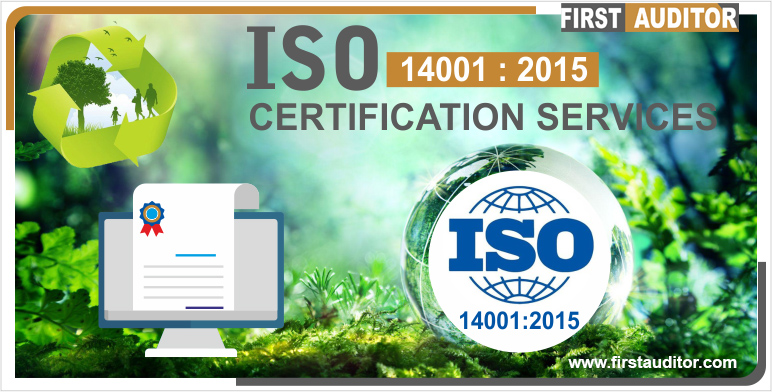Gives details on the requirements for an environmental management system (EMS) that a company can employ to improve its ecological appearance. It is possible to fully or partially implement ISO 14001:2015 to formally improve ecological management.The international standard ISO 14001 identifies the requirements for an effective EMS. Instead of creating ecological execution requirements, it provides a system that an association can follow. By utilising resources more skillfully and cutting waste, it helps associations improve their natural execution while gaining an advantage and partners' confidence.

There are many benefits to using ISO 14001:2015 for organisations with ecological management frameworks, including :
ISO 14001:2015 is an international standard that specifies the requirements for an effective environmental management system (EMS). It helps organizations improve their environmental performance through more efficient use of resources and reduction of waste.
Achieving ISO 14001 certification demonstrates an organization’s commitment to environmental sustainability, compliance with regulations, and effective management of environmental risks, enhancing its reputation and stakeholder confidence.
The key benefits include improved environmental performance, reduced waste, enhanced compliance with legal requirements, cost savings through efficient resource management, and improved stakeholder relationships.
The certification process typically takes between 3 to 6 months, depending on the organization’s preparedness and the complexity of its environmental management system.
The steps typically include conducting an environmental review, developing an environmental management policy, implementing an EMS, monitoring and measuring performance, and undergoing an external audit for certification.
Yes, there are costs associated with the certification process, which may include application fees, audit fees, and expenses related to implementing the environmental management system.
ISO 14001 certification typically requires renewal every three years, with surveillance audits conducted annually to ensure ongoing compliance.
We provide consulting services for implementing an environmental management system, guidance on documentation, and support throughout the certification audit process.